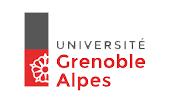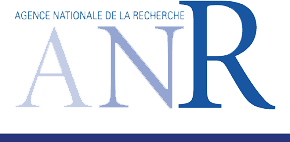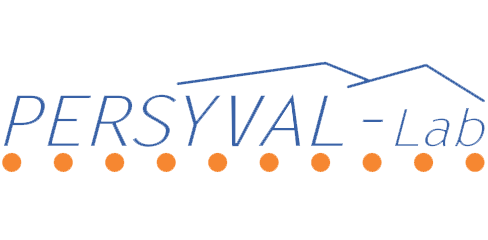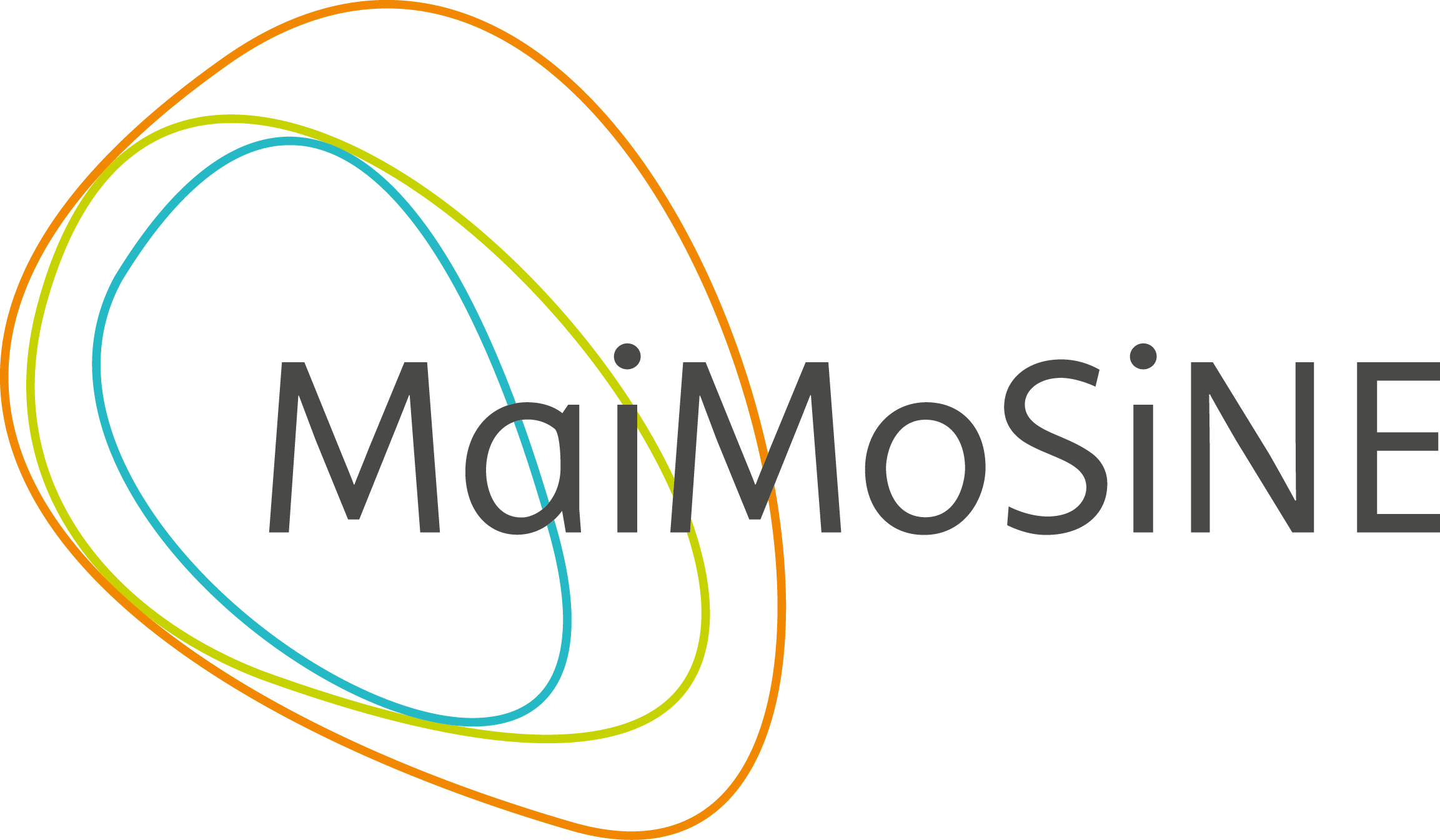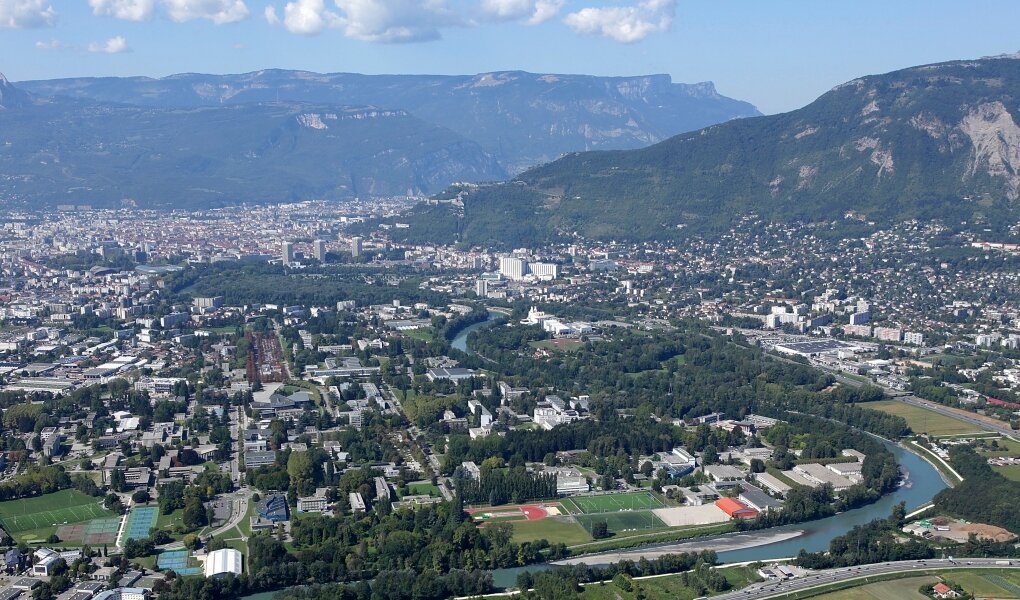
Grenoble is a city in south-eastern France, at the foot of the French Alps where the rivers Drac and Isère meet. Located in the Auvergne-Rh™ône-Alpes region, Grenoble is the capital of the department of Isère and is an important European scientific centre. With 60000 students and 5500 faculty, it is one of the leading academic communities in France.
Grenoble’s history goes back over 2,000 years. The quiet Roman city of Gratianopolis became the capital of the DauphinéŽ in the 11th century, and was annexed to the French kingdom 3 centuries later. The city really entered the national historical record in 1788, when riots in town prompted the DauphinŽ Parliament to ask that the kingdom Etats GéŽnŽéraux should meet, an event that marks the start of the French revolution.




See all the photos
The late 18th century also triggered the industrial and cultural development of the city. The renowned glove industry of the 18th and 19th centuries continued with the development of a strong hydropower industry in the late 19th to early 20th centuries, which stimulated mechanical construction, electrical engineering, and eventually microelectronics.
In 1968, Grenoble hosted the 10th Winter Olympics, which contributed to the development of tourism in DauphinŽé: the Chamrousse ski resort, where the ski competitions took place in 1968, is only 20 minutes away from the city center.
Today, the city has grown to be one of Europe’s most important research, technology, and innovation centers, with each fifth inhabitant working directly in these domains.
Famous people that have a strong relation to Grenoble:
- Joseph Fourier, mathematician and prefect of Grenoble in 1810-1815
- Stendhal (Henri-Paul Beyle) writer
- Claudine GuŽérin de Tencin, salonist and author, mother of Jean le Rond d’Alembert
- Henri Fantin Latour (1836-1904) painter
- Hector Berlioz (1803-1869) composer
- Jean François Champollion (1790-1832)
- Louis NŽéel (1904-2000) Nobel Prize in physics
If you'd like to know more, please see the following videos:
- Video N°1 :
- Video N°2 :
- Video N°3 :
Please also visit the website of Office de Tourisme Grenoble-Alpes Métropole

